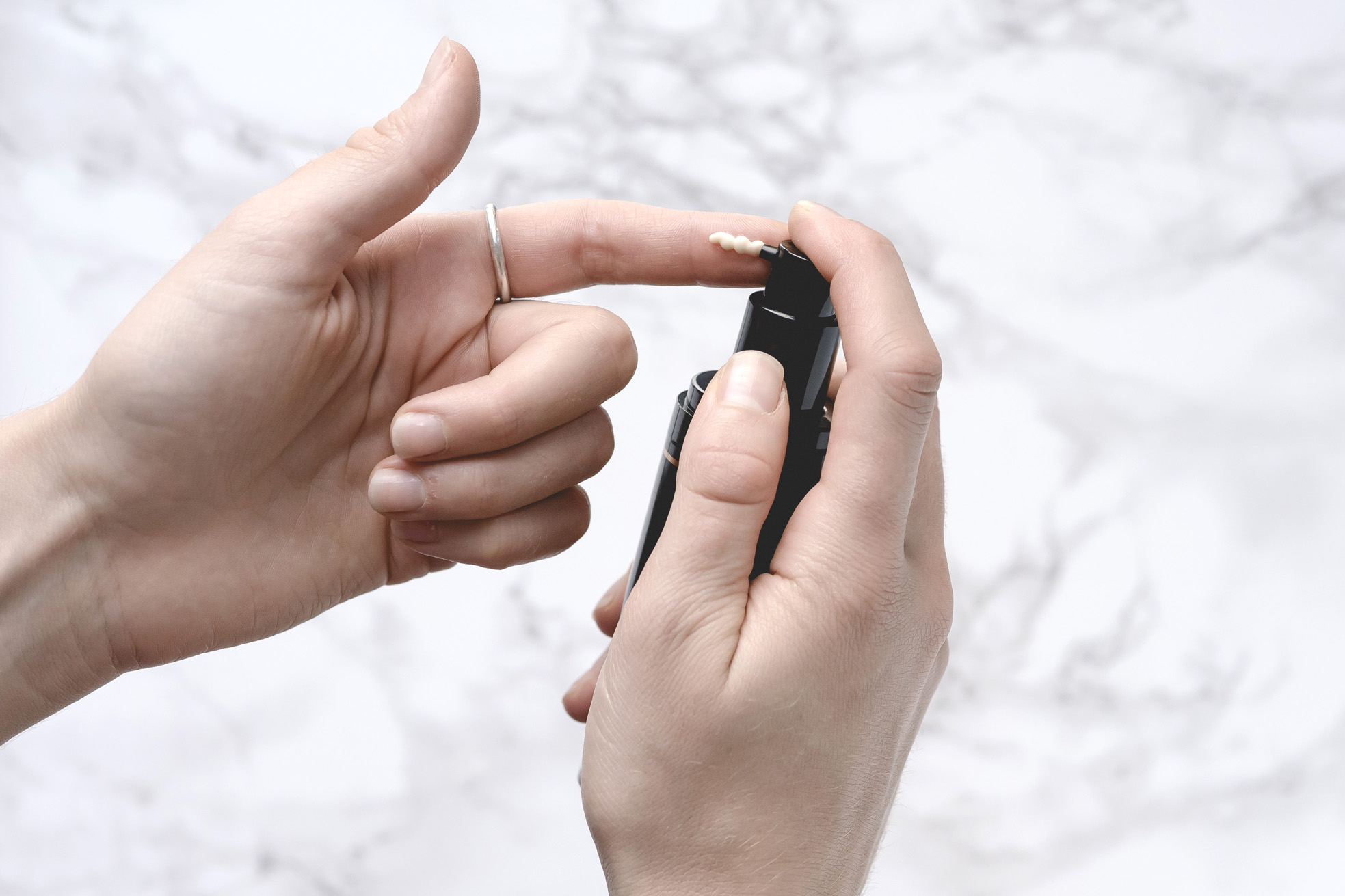
Is Bakuchiol A Natural Alternative To Retinol?
Bakuchiol is a naturally-occuring antioxidant found in the leaves and seeds of the babchi herb (Psoralea corylifolia), which is native to India. Historically, owing to the compound’s potent anti-microbial, anti-scarring, and anti-inflammatory properties, bakuchiol was used in Indian and Chinese medicine to treat a range of inflammation-based skin ailments including psoriasis, fungal and bacterial infections, and alopecia– but in the course of the last few years, it has also emerged as a dermatologist approved natural alternative to retinol, the popular wrinkle-reducing compound commonly used as an anti-aging treatment.
In a number of recent clinical studies, [easyazon_link identifier=”B01CIQ6728″ locale=”US” tag=”gardcoll03-20″]bakuchiol[/easyazon_link] has demonstrated both anti-aging and anti-bacterial properties that make it ideal for treating signs of premature aging and also acne.
For general skincare, bakuchiol positively affects both collagen and elastin, helping to reduce fine lines and wrinkles while improving skin elasticity and firmness; its anti-scarring properties minimize discoloration from other sources, such as age spots.
Bakuchiol was used in Indian and Chinese medicine to treat a range of inflammation-based skin ailments, but in the last few years it has also emerged as a dermatologist-approved natural alternative to retinol.
Given that retinol has a reputation for being very drying (especially for those with sensitive skin), bakuchoil’s potency and natural derivation would seem ideal for those looking to dive into retinol skin treatments from a different angle. Bakuchiol can also be used in conjunction with retinol to heighten the retinoids’ effects (those familiar with retinol products know that one is supposed to integrate them slowly into any given skincare routine, which gives the skin time to “adjust” to the potency before scaling up the strength of the treatment). This way, the effects of retinol are heightened while bakuchoil is simultaneously introduced into the routine. Once skin adjusts to the new treatment (be sure to spot test before diving in to any new skin treatment, so as to avoid allergic reaction) it might be possible to transition off of synthetic retinol completely. Better living through chemistry… and also the earth!


































